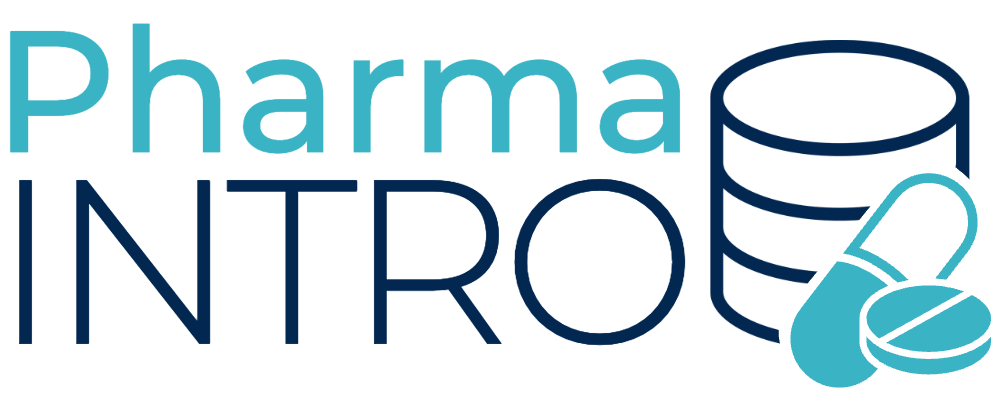CRISPR is a revolutionary gene editing technology that allows scientists to make precise, targeted changes to DNA sequences within cells. CRISPR stands for Clustered Regularly Interspaced Short Palindromic Repeats.
CRISPR is based on a naturally occurring system that bacteria use to defend themselves against viral infections. The CRISPR system consists of two components: a protein called Cas9 and a small RNA molecule that guides the Cas9 protein to a specific location in the genome.
To use CRISPR to edit genes, scientists first design a guide RNA that matches a specific sequence of DNA in the genome. The guide RNA is then combined with the Cas9 protein and introduced into cells, where it can locate and cut the DNA at the desired location. This allows scientists to insert, delete, or replace specific genes or DNA sequences within the cell.
CRISPR has revolutionized the field of genetic engineering, making it faster, cheaper, and more precise than previous methods. It has the potential to revolutionize medicine by allowing scientists to develop targeted therapies for a wide range of diseases, including genetic disorders, cancer, and infectious diseases. However, there are still many ethical and safety considerations that need to be addressed as CRISPR continues to be developed and used in research and clinical settings.
CRISPR is changing the field of medicine in several ways:
Precision medicine
One of the biggest potential benefits of CRISPR is the ability to develop personalized, targeted therapies for individual patients. By using CRISPR to edit specific genes or DNA sequences, scientists can develop treatments that are tailored to the unique genetic makeup of each patient. This approach, known as precision medicine, has the potential to revolutionize the way many diseases are treated.
Gene therapy
CRISPR is also being used to develop new gene therapies for a wide range of diseases, including genetic disorders, cancer, and infectious diseases. By editing or replacing specific genes or DNA sequences, scientists can potentially cure or treat these diseases at the genetic level, rather than simply managing symptoms.
Drug discovery
CRISPR is also being used to accelerate the discovery of new drugs by allowing scientists to quickly and accurately identify which genes are involved in specific diseases. This can help researchers develop new treatments that target the underlying genetic causes of diseases.
Disease diagnosis
CRISPR is also being used to develop new diagnostic tools for diseases. By using CRISPR to detect specific genetic mutations or sequences, scientists can develop more accurate and sensitive tests for a wide range of diseases.
Overall, CRISPR has the potential to transform the field of medicine by providing new tools for developing personalized, targeted therapies, accelerating drug discovery, and improving disease diagnosis. However, there are still many challenges that need to be addressed, including safety and ethical concerns, as well as regulatory and legal issues.

